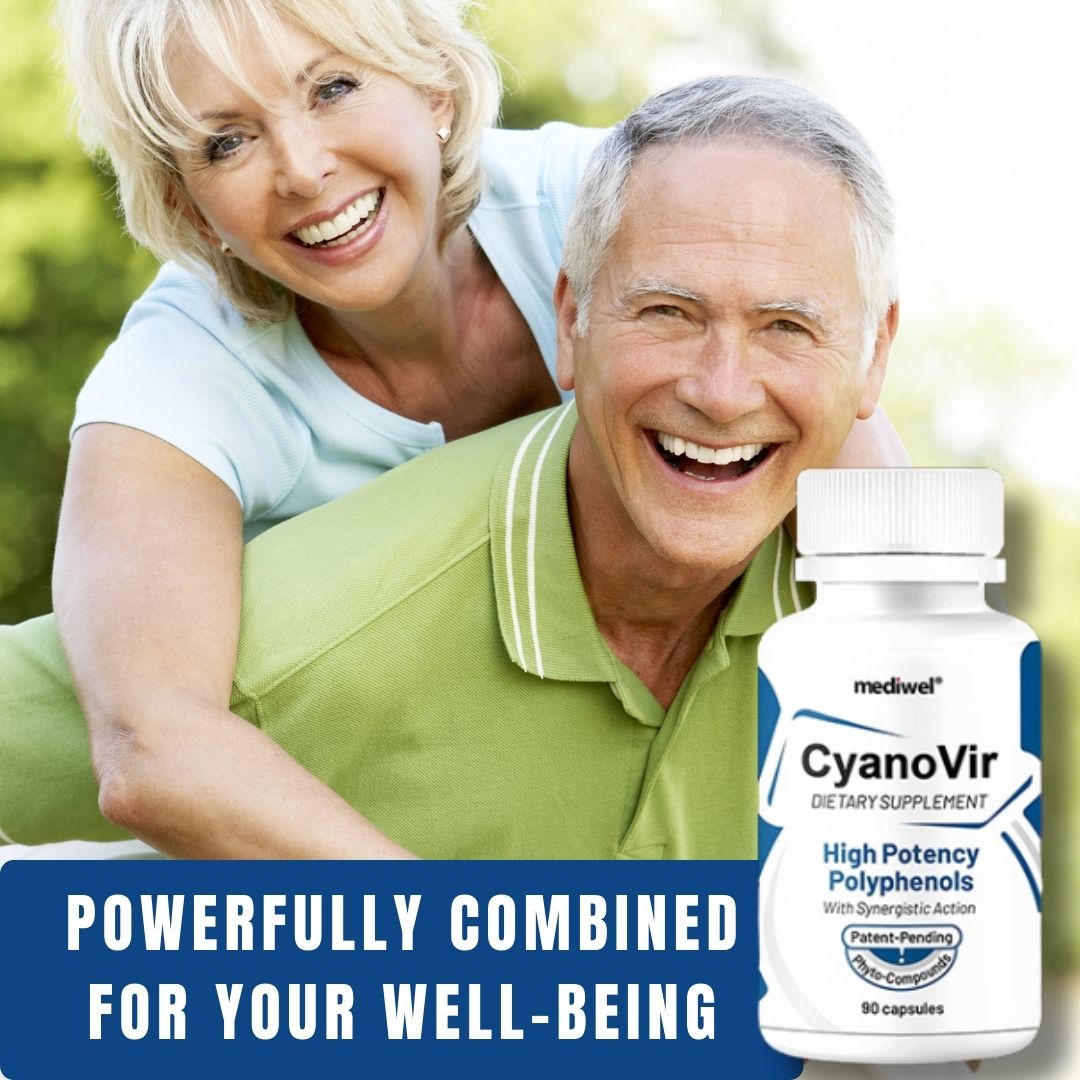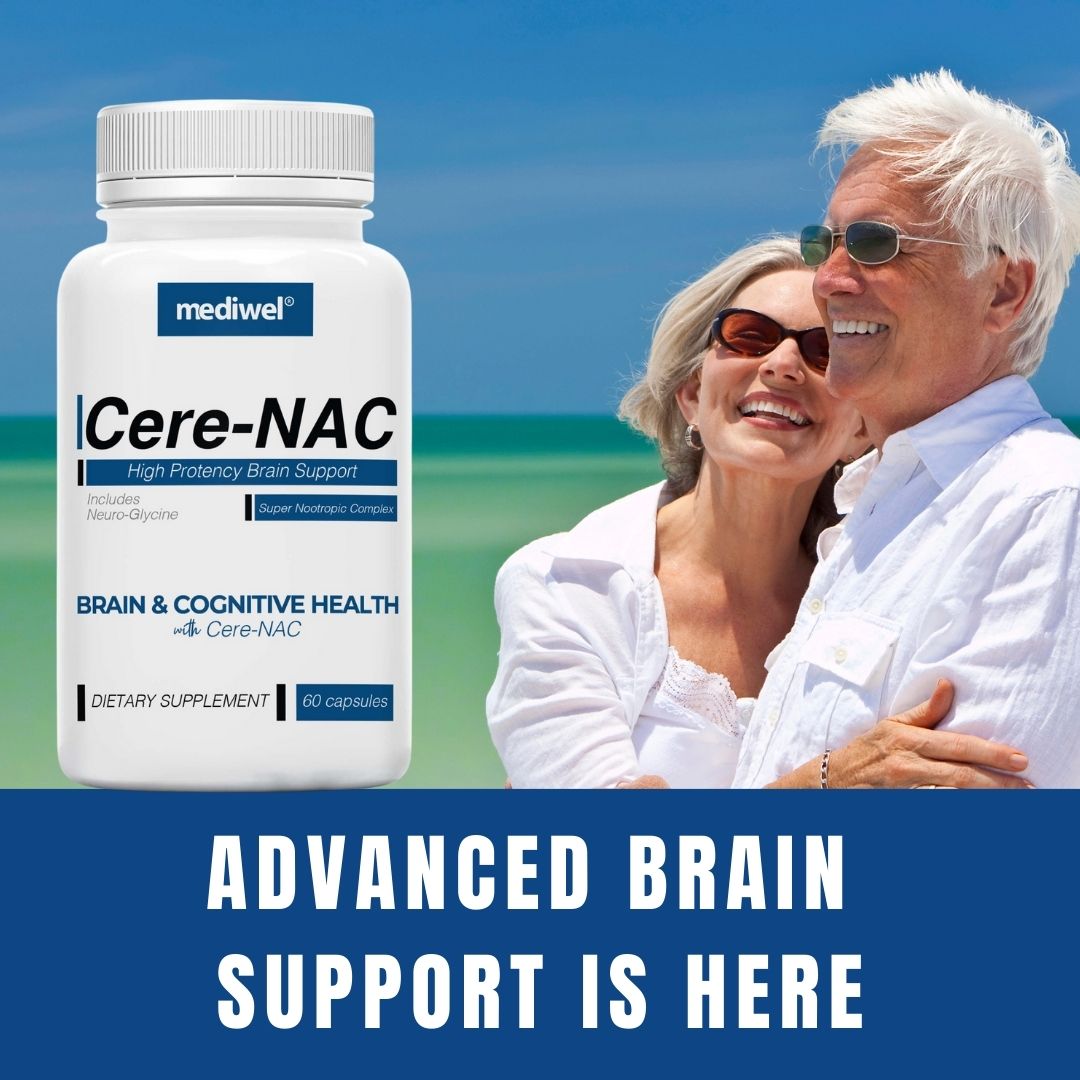Have you been hearing more about quercetin and luteolin? You're not alone. These natural compounds, found in many of the foods we eat, are getting a lot of attention from doctors and scientists. They're what we call flavonoids, and they're known for their powerful effects on our bodies. As people look for natural ways to stay healthy, quercetin and luteolin are being studied for everything from their antioxidant and anti-inflammatory abilities to their potential to support our immune systems and even protect our brains.
What Makes Quercetin and Luteolin So Special?
In a nutshell, it's all about their structure. Quercetin has a "pentahydroxyflavone backbone," and luteolin has a "tetrahydroxyflavone" one. These structures allow them to connect with different parts of our cells and influence how they work. They're also great at neutralizing "free radicals," those unstable molecules that can damage our cells. You can think of them as tiny defenders protecting us from harm.
What food is highest in Quercetin and Luteolin?
Quercetin can be found in onions, apples, grapes, berries, and green tea. You can find luteolin in celery, parsley, thyme, oregano, and chamomile. So, incorporating these foods into your meals is a great start.
How Does Your Body Process Quercetin and Luteolin?
Once you consume them, quercetin and luteolin go through some changes in your liver and intestines. They're converted into active forms that your body can use. How long they stay in your system and where they go depends on factors like your genes and gut health.
What is Quercetin and Luteolin good for?
Fighting Inflammation
Inflammation is a key factor in many chronic diseases. The good news is that quercetin and luteolin are showing promise in helping to control it. Quercetin can suppress pro-inflammatory molecules like interleukin-6 and TNF-alpha. Luteolin can block other pathways that lead to inflammation. They work in multiple ways to calm things down, much like some anti-inflammatory medications. This is why they're being researched for conditions like rheumatoid arthritis and inflammatory bowel disease.
Protecting Your Cells
"Oxidative stress" happens when your body doesn't have enough defenses against free radicals, leading to damage. Quercetin and luteolin are antioxidants, meaning they can neutralize those free radicals. They also boost your body's own antioxidant systems, providing both immediate and long-term protection. This helps to slow down aging and reduce the risk of diseases like Alzheimer's and cancer.
Cognitive and Neuroprotective Effects
Here's where it gets really exciting: quercetin and luteolin may help protect your brain. They can reduce damage and inflammation in brain cells and improve their function. Studies suggest they could be beneficial for conditions like Alzheimer's disease and multiple sclerosis, as well as general cognitive decline as we age.
Their ability to cross the blood-brain barrier is crucial, allowing them to directly impact brain health. They can inhibit enzymes that break down neurotransmitters and reduce the formation of amyloid plaques, which are associated with dementia.
Quercetin and Luteolin and Cancer Research
Research has also explored the potential of these flavonoids in cancer prevention and treatment. Quercetin can promote the death of cancer cells and prevent tumors from growing new blood vessels. Luteolin can disrupt the growth of cancer cells and may make chemotherapy more effective.
Scientists are actively studying quercetin and luteolin for various health concerns. Key areas include:
- Long COVID management
- Autoimmune disorders
- Cancer prevention
- Neurodegenerative diseases
- Use alongside chemotherapy and antiviral therapies
- Metabolic syndrome
- Cardiovascular rehabilitation
While clinical trials are ongoing, the early results are promising, especially for using these compounds to prevent cancer.
The Future of Quercetin and Luteolin in Medicine
It's becoming clear that quercetin and luteolin are powerful compounds with significant potential i
n medicine. Their wide range of benefits, combined with new ways to deliver them effectively, make them valuable tools for managing inflammation, oxidative stress, and chronic diseases. As more research emerges, they're likely to play an even bigger role in keeping us healthy.
Support Your Health with Cyanovir
If you're looking to incorporate the benefits of quercetin and luteolin into your daily routine, consider Cyanovir. Our supplement is a potent polyphenol-based formula designed to provide antioxidant, anti-inflammatory, and immune support.
Cyanovir combines quercetin and luteolin with apigenin and EGCG (from green tea) – all powerful flavonoids that work together to boost your body's natural defenses. We've also included zinc picolinate and niacin for their added support against respiratory stress.
Cyanovir's patent-pending formula is designed to neutralize oxidative stress and support your circulatory and respiratory systems.
It may also aid in tissue healing and recovery from immune-related issues by activating SIRT2 and reducing NLRP inflammasome assembly.
This can help reduce the levels of infections and adverse cytokine responses.
Frequently Asked Questions
Are luteolin and quercetin the same thing? No, while they are both flavonoids with similar benefits, they have different molecular structures and work in slightly different ways.
What is a luteolin supplement good for? As mentioned, luteolin supplements, like Cyanovir, are excellent for supporting a healthy inflammatory response and providing antioxidant protection.
What is an apigenin supplement good for? Apigenin, also in Cyanovir, contributes to the overall antioxidant and anti-inflammatory effects, and is being studied for its potential role in cellular health.
What should you not take quercetin with? It's best to consult with your doctor or pharmacist about potential interactions, especially if you're taking medications.
What vitamins should I take with quercetin? Quercetin works well with other antioxidants, but it's important to get personalized advice from a healthcare professional.
Who should not take luteolin? Again, it's crucial to consult with a healthcare professional, especially if you have underlying health conditions or are pregnant or breastfeeding.
What is apigenin and luteolin? They are both naturally occurring flavonoids with antioxidant and anti-inflammatory properties, found in various plants and foods.
What is the richest source of apigenin? Chamomile is a rich source of apigenin.
What are the side effects of apigenin? Apigenin is generally considered safe, but it's always best to start with recommended dosages and consult with a healthcare professional if you have concerns.
Is apigenin anti-aging? Research suggests apigenin's antioxidant and anti-inflammatory properties may contribute to healthy aging, but more studies are needed.
We encourage you to do your own research and talk to your doctor to determine if quercetin and luteolin, and a supplement like Cyanovir, are right for you.




Leave a comment
This site is protected by hCaptcha and the hCaptcha Privacy Policy and Terms of Service apply.